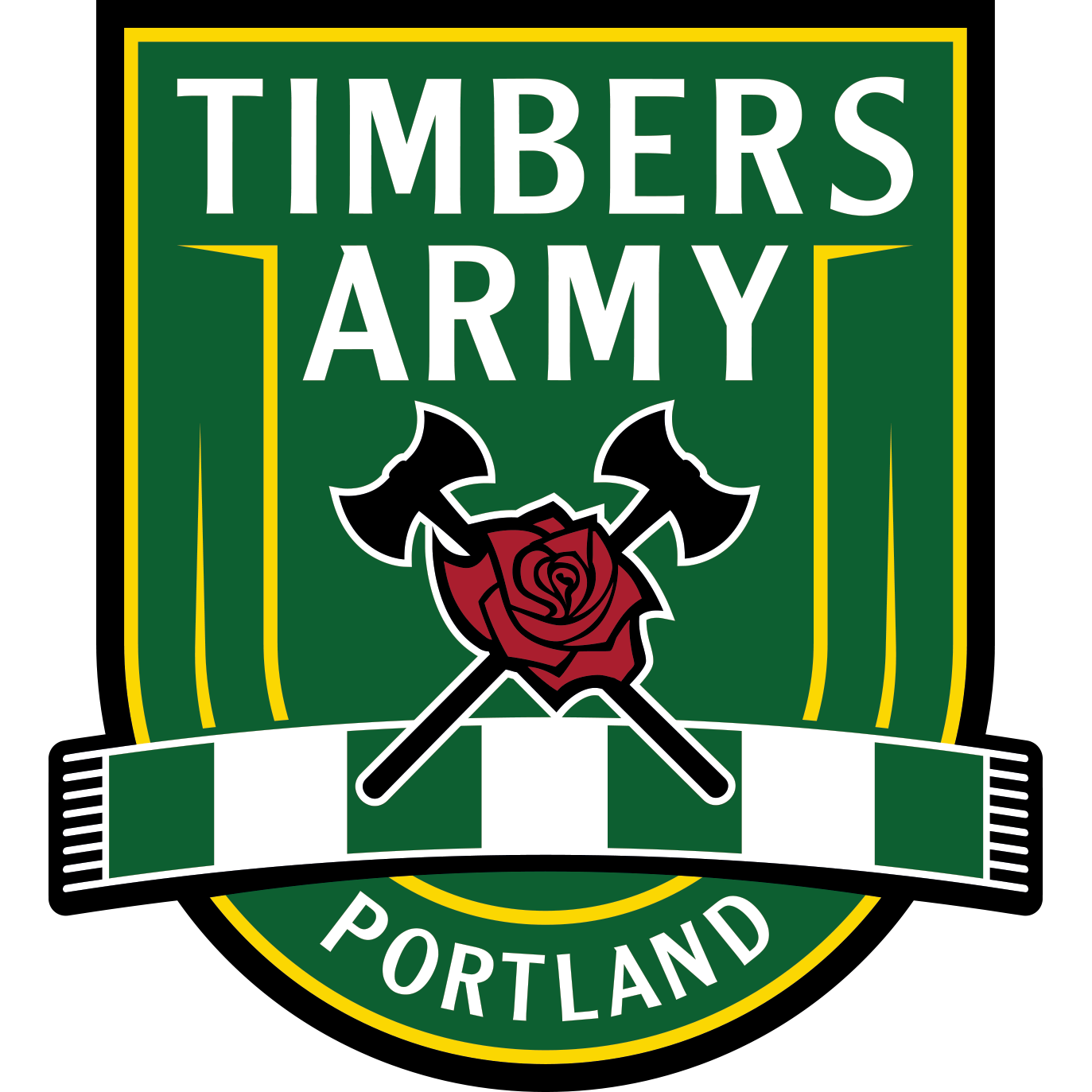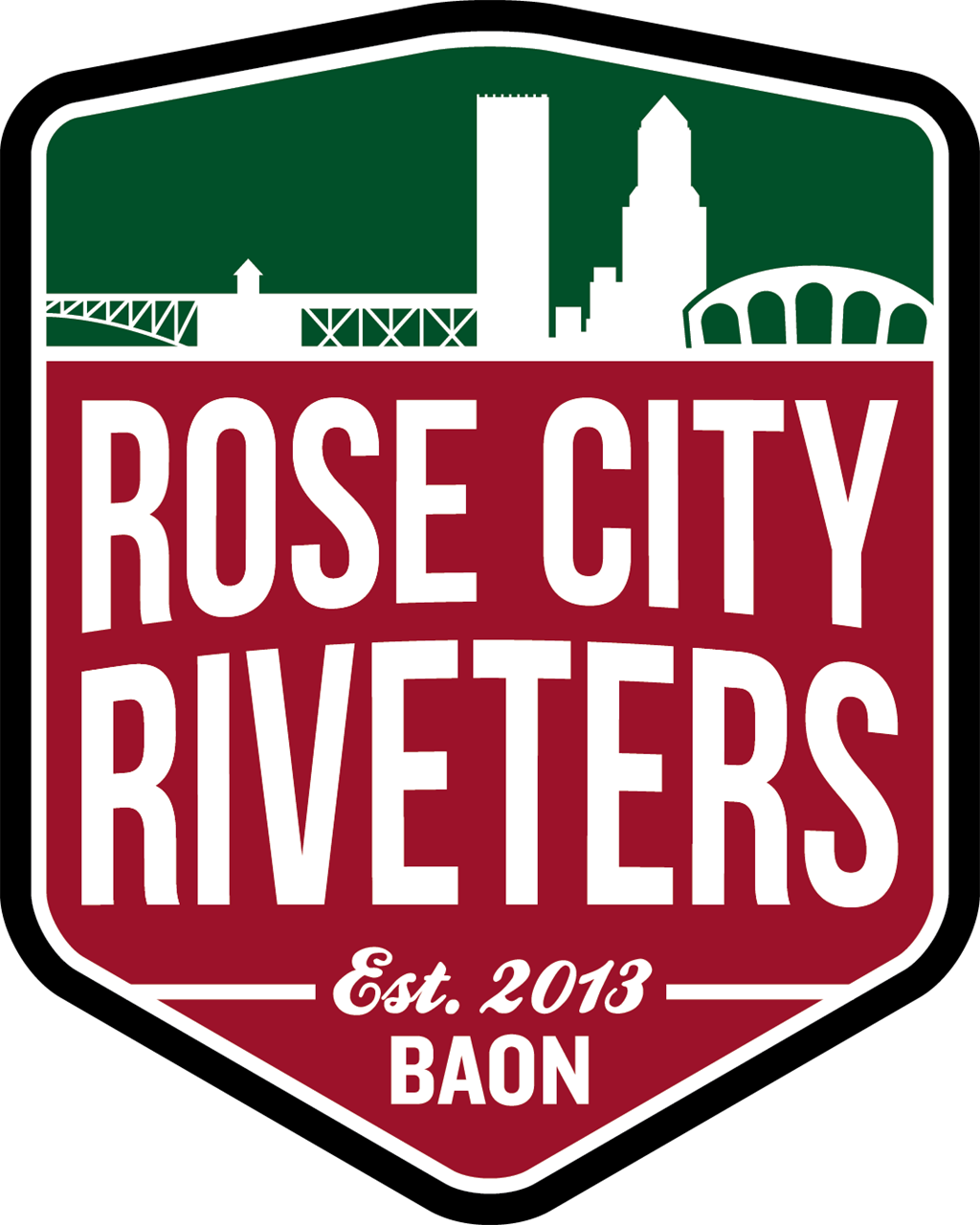—by Fernando Melo
The conflict…I am a tico living in Oregon. I am a big Timbers fan, haven’t missed a match in 2 years.
Sounds counter intuitive, huh? How can one love 2 teams? Let me “attempt” to explain:
In Costa Rica there is no soccer, there is only futbol. When talking about “futbol” in CR, there is Saprissa and La Liga. Everything else pales in comparison.
The “
Super Clasico Nacional” as it is referred to is the equivalent of Barcelona vs Real Madrid, Yankees vs Red Sox and the inevitable comparison, Timbers vs Sounders. These two teams have such a strong hate for each other, it makes the Sounders rivalry feel like a thumb wrestling match.
How do I know this? I grew up in Costa Rica, during the 90s when this rivalry was as heated as ever.
To understand Saprissa, I think you should understand how Costa Rica feels about soccer in general.
In 1990, Costa Rica appeared in its first World Cup ever. Eight out of the 22 played on Saprissa. When Costa Rica scored their first goal the entire country stood still. We were sent home from school to celebrate. When we beat Scotland it was sheer pandemonium. The streets were flooded; with I think every single person that lives in Costa Rica. The air was thick with confetti. The president declared a national day off on the spot. Nobody truly remembers the next two days. That's how much we love futbol.
It happened again during the 2014 World Cup. Check the YouTube videos. Parades? We don’t do parades. We party as a country!
La Ultra Morada (Purple Ultra), the Saprissa supporters, are the main ventricle to this love of club. They are radical, they are intimidating, they are downright scary. Landon Donovan calls them the most intimidating group in all of soccer. The rabid
fanaticism they exhibit is
legendary. One simply does not buy tickets and decide to sit with them. You risk severe humiliation and injury. But if you are Saprissa, they are your heart, your soul and your medulla oblongata. I truly believe La Ultra has won games for them out of sheer intimidation. Sounds familiar, eh? But the true factor that makes this cheering section so legendary is its own inability to control SOME of its members. While the TA is a tight group and well organized, the Ultras embrace organization and chaos. While still boasting great organizational skills, it is also plagued by fringe fanatical groups that may not always be on the side of Johnny Law, or as they are referred to in CR, the popos. These fringe groups are the ones to look out for. In my opinion, Saprissa knows this, and takes full advantage of it.
Just recently Saprissa played la Liga in an Ultra Clasico finals matchup. One of the opposing team players lost his cool, took off his shoe and threw it. His aim was so bad; people contend he was trying to hit the Ultras, but in reality he was just frustrated with himself (yeah right). It did not end well for him. Let's just say that guy got more than he bargained for. Extra security was brought in after the game and still he could not escape the ultras' wrath. Bottom line, you do not mess with them. Respect them and they will maybe acknowledge it.
I bet you guys want to know about the actual team too, eh? Those stats can be Googleized, so let me just give you the numbers: 32 National Championships, 8 “short” championships, 8 Costa Rican Cup championships, 3 CONCACAF club championships, 5 UNCAF championships, 1 Central American championship, 3
rd place FIFA Club World Cup championship. These guys know winning and they win a lot. Why? Their supporters demand and expect it.
The players that Saprissa produces are some of the best in the world. Remember the 2014 World Cup? Chances are that a Saprissa player either scored or stopped a penalty allowing the jaw-dropping 4
th place finish. I believe that party may still be going on.
That Cinderella team boasted a good contingency of players from said club.
Bottom line, PTFC has their work
cut out for them. Saprissa is not a team that should be taken lightly, but I can tell you that they are taking PTFC lightly. Whether the Timbers like it or not, they are relative rookies in a sea of seasoned champions. All I can say is be careful going into La Cueva. Make sure you have a buddy with you at all times. Otherwise, enjoy Costa Rica, they have amazing beaches!


